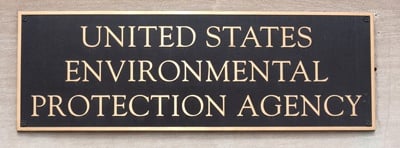The privatised water industry has invested £236 bn since 1990. It plans to invest £104 bn over the next five years.Its real investment rate has been double that of the nationalised industry it replaced. This rate of permitted investment has been too low to keep up with all the extra people invited in to the…
The privatised water industry has invested £236 bn since 1990. It plans to invest £104 bn over the next five years.Its real investment rate has been double that of the nationalised industry it replaced. This rate of permitted investment has been too low to keep up with all the extra people invited in to the country, and too low to deal with all the worn out and leaking pipes it inherited from the nationalised predecessor. It has been sufficient to prevent collapse and too much rationing.
If it had been nationalised that means public sector debt would now be at least £236 bn higher. If borrowed at current rates for 30 years taxpayers would be paying £13 bn more debt interest a year. With all that extra debt the interest rate charged would probably be higher.
All that assumes the industry was nationalised by stealing it from its current owners. The shareholders include UK pension funds like the Universities fund, UK savers, Canadian and Australian pension funds and other overseas investors. Advanced law abiding countries buy out existing owners when nationalising. If a government confiscates assets it leads to a collapse of private investment in that country for obvious reasons.The cost of the nationalisation would be an additional large debt burden on taxpayers.
The present government is right to rule out water nationalisation as too expensive. A nationalised industry would not speed up new reservoirs and sewers and would likely be more restricted on how much it could afford to invest by the state of national budgets. Many people commenting seem to ignore the big costs of the investment which would transfer from private sector shareholders and banks to taxpayers and public borrowing. As they also want lower water bills that would mean less profit or bigger losses by nationalised companies which would need to be paid for out of extra taxes. .






